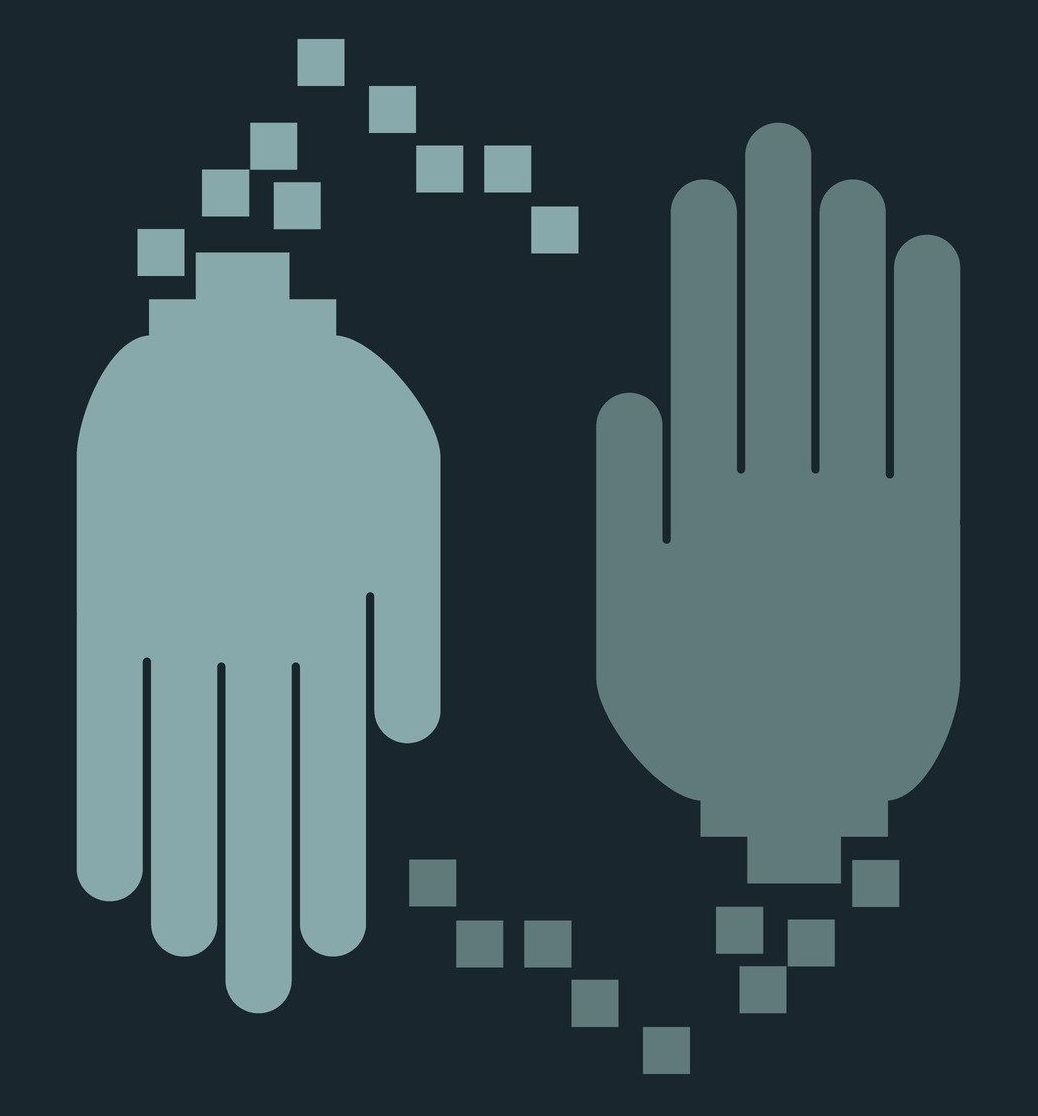White-collar automation has become a common buzzword in debates about the growing power of computers, as software shows potential to take over some work of accountants and lawyers. Artificial-intelligence researchers at Google are trying to automate the tasks of highly paid workers more likely to wear a hoodie than a coat and tie—themselves.
In a project called AutoML, Google’s researchers have taught machine-learning software to build machine-learning software. In some instances, what it comes up with is more powerful and efficient than the best systems the researchers themselves can design. Google says the system recently scored a record 82 percent at categorizing images by their content. On the harder task of marking the location of multiple objects in an image, an important task for augmented reality and autonomous robots, the auto-generated system scored 43 percent. The best human-built system scored 39 percent.
Such results are significant because the expertise needed to build cutting-edge AI systems is in scarce—even at Google. “Today these are handcrafted by machine learning scientists and literally only a few thousands of scientists around the world can do this,” said Google CEO Sundar Pichai last week, briefly namechecking AutoML at a launch event for new smartphones and other gadgets. “We want to enable hundreds of thousands of developers to be able to do it.”
